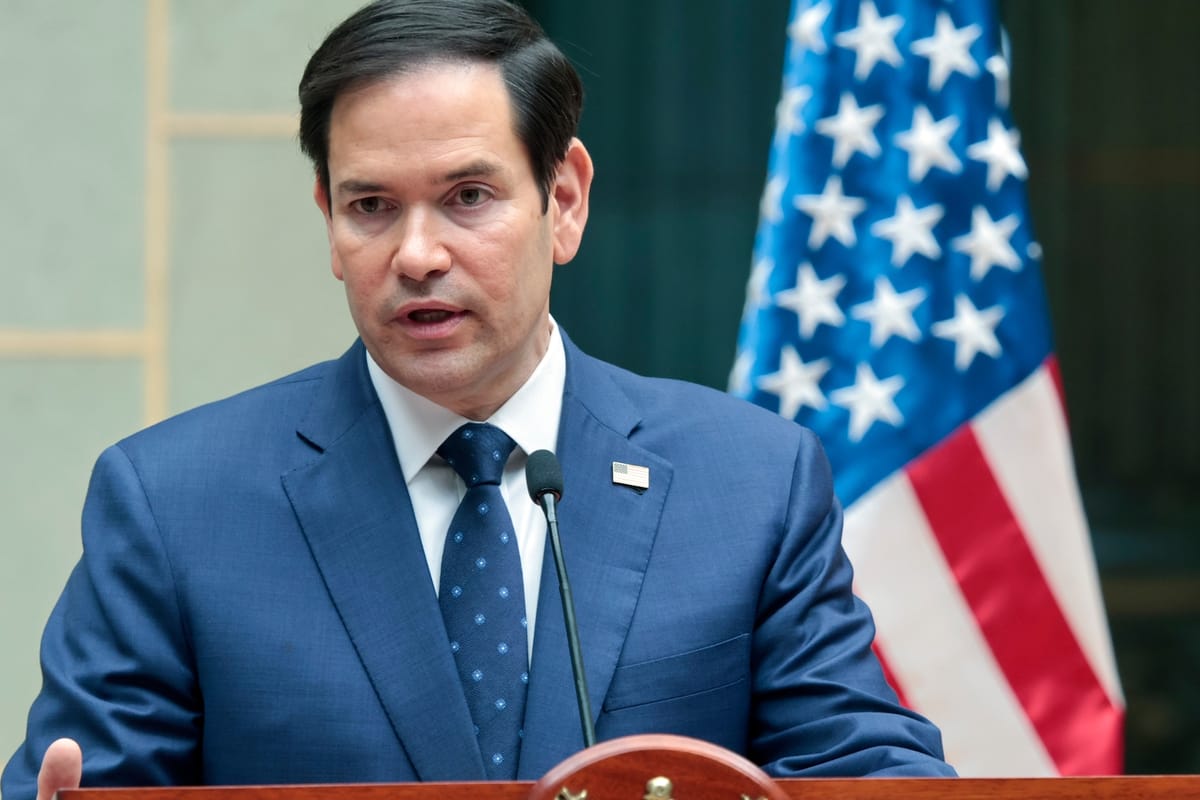

Crackdown on Campus Unrest
Secretary of State Marco Rubio has spearheaded a significant crackdown on foreign students involved in pro-Palestinian protests, revoking over 300 visas as part of the Trump administration’s effort to curb campus unrest. Speaking during a visit to Guyana on March 27, Rubio confirmed the scale of the action, stating, 'Maybe more than 300 at this point—we do it every day, every time I find one of these lunatics.' The revocations target students accused of vandalizing universities, harassing peers, and disrupting academic environments under the guise of activism. This move aligns with President Donald Trump’s broader pledge to combat what his administration labels as antisemitism on college campuses.
High-Profile Arrest Sparks Outrage
A notable case in this crackdown involves Rumeysa Ozturk, a Turkish doctoral student at Tufts University, who was detained on March 25 in Somerville, Massachusetts, by masked, plainclothes immigration agents. Ozturk, a Fulbright Scholar, had her visa revoked after co-authoring an op-ed in the Tufts Daily calling for the university to divest from companies tied to Israel and acknowledge a 'Palestinian genocide.' Rubio defended the action, asserting, 'If you come to the U.S. as a visitor and create a ruckus, we don’t want it—go back and do it in your country.' Her arrest, captured in a viral video, has fueled protests online, with critics arguing it infringes on free speech.
Legal Basis and Broader Policy
The visa revocations are grounded in the Immigration and Nationality Act, which allows the State Department to deport non-citizens deemed 'adversarial to U.S. foreign policy and national security interests.' This policy stems from a January 2025 executive order by Trump, which classifies certain campus activism as antisemitic, prompting actions like the $400 million funding cut to Columbia University for failing to address such issues. Rubio clarified that the 300 revoked visas include both student and visitor categories, with each action personally signed by him. 'At some point, I hope we run out because we’ve gotten rid of all of them,' he added, signaling a relentless approach to the crackdown.
Impact on Foreign Students
The policy has sent shockwaves through international student communities, particularly those engaged in political activism. Ozturk’s detention in a Louisiana facility, despite a Massachusetts judge’s order to keep her in-state, highlights the aggressive enforcement tactics at play. Another high-profile case involves Columbia graduate Mahmoud Khalil, a Palestinian activist also held in Louisiana without charges. These detentions underscore the administration’s hardline stance, with Rubio emphasizing that student visas are for education, not to 'become a social activist tearing up our campuses.' The message is clear: foreign students must adhere strictly to their visa terms or face deportation.
A Firm Stance on National Security
Rubio’s revocation of over 300 foreign student visas underscores the Trump administration’s commitment to maintaining order on American campuses and protecting national interests. By targeting those who disrupt universities under the banner of activism, the policy aims to ensure that foreign students focus on education, not political agitation. While legal and ethical debates persist, this crackdown reflects a broader effort to safeguard U.S. institutions from external influences, prioritizing security and stability in an increasingly polarized academic landscape.
Dues are $12 per year. Member benefits:
✅ Ad-Free Website Viewing
✅ Advocacy for Republican Seniors
✅ 120+ Senior Discounts
✅ Member Only Newsletters